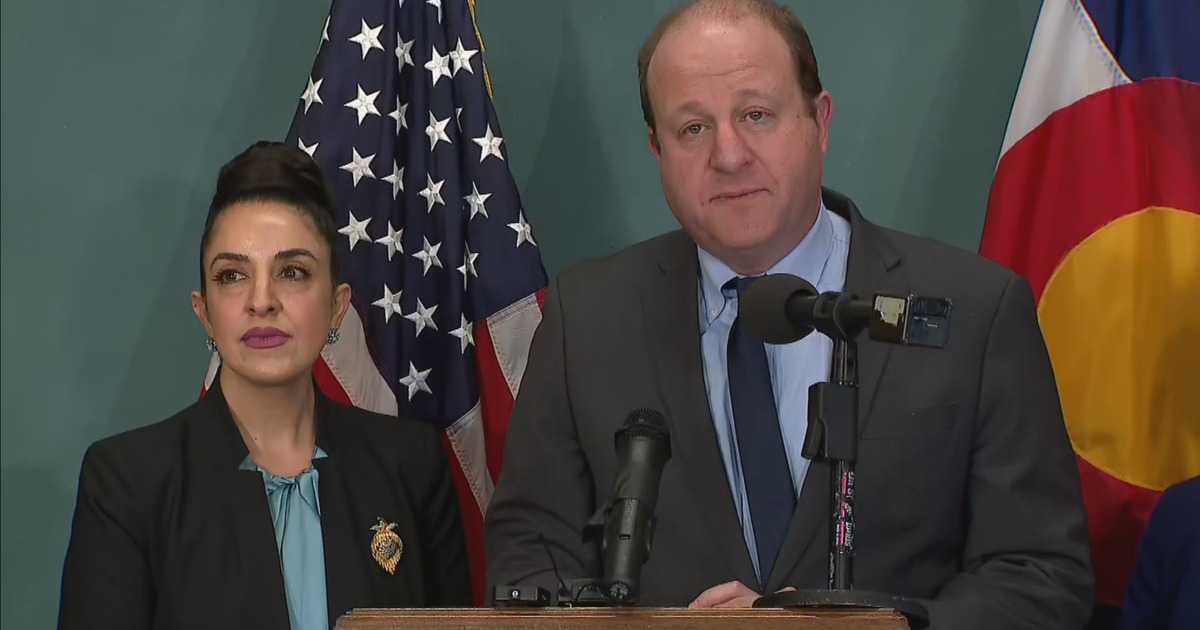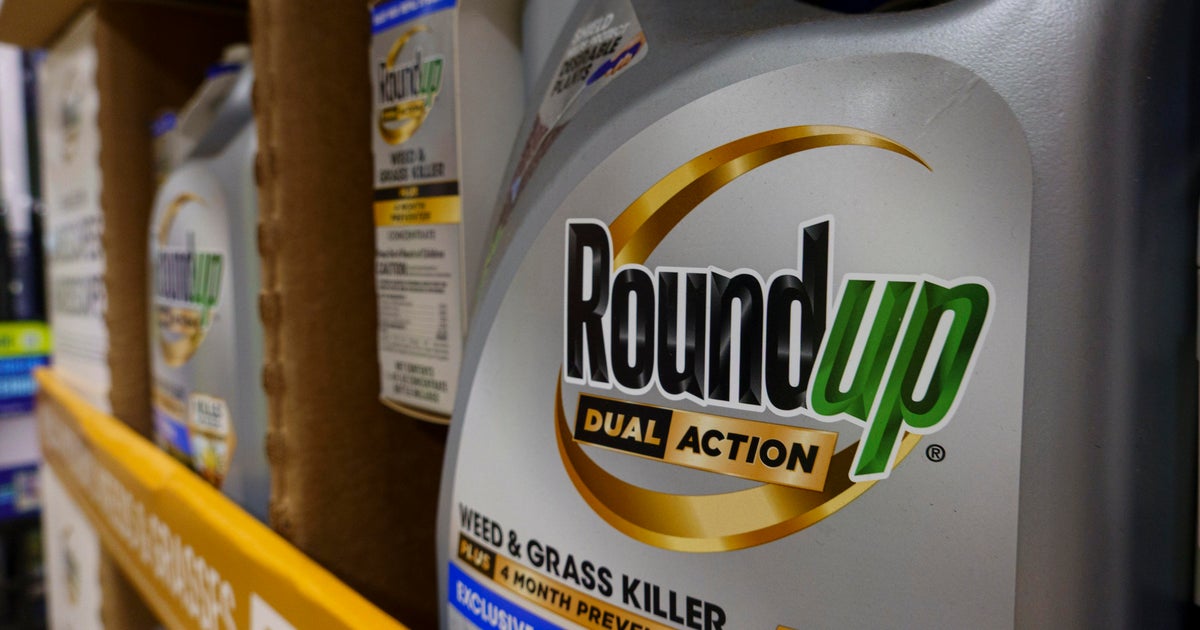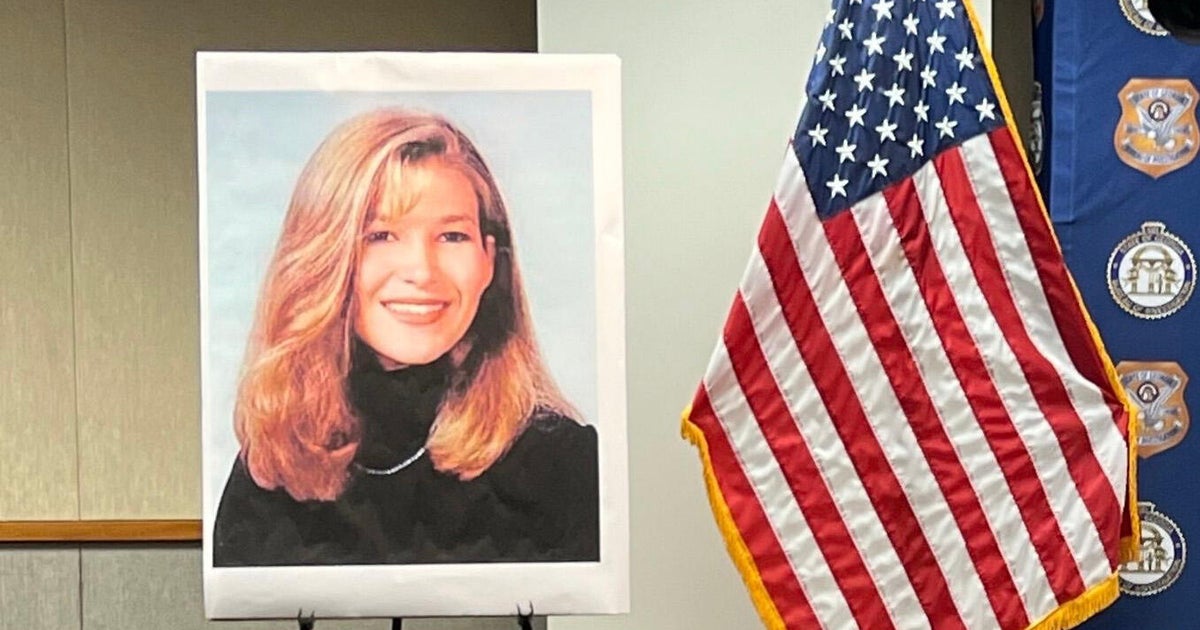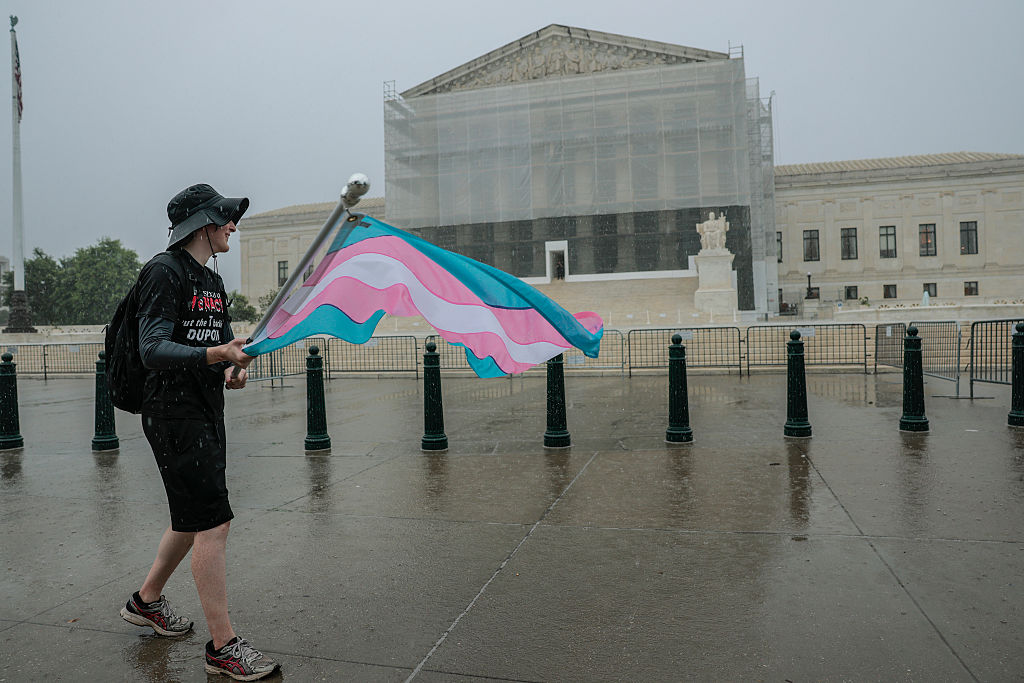Supreme Court rejects Johnson & Johnson appeal in $2 billion talc verdict
The Supreme Court will let stand a $2 billion verdict in favor of women who claim they developed ovarian cancer from using Johnson & Johnson talc products.
The justices did not comment Tuesday in rejecting Johnson & Johnson's appeal. The company argued that it was not treated fairly in facing one trial involving 22 cancer sufferers who came from 12 states and different backgrounds.
A Missouri jury initially awarded the women $4.7 billion, but a state appeals court dropped two women from the suit and reduced the award to $2 billion. The jury found that the company's talc products contain asbestos and asbestos-laced talc can cause ovarian cancer, with Judge Rex M. Burlison writing that evidence at the trial showed "particularly reprehensible conduct on the part of Defendants." The company disputes both points.
Nine of the women have died from ovarian cancer, lawyers for the plaintiffs said.
Johnson & Johnson, which is based in New Brunswick, New Jersey, has stopped selling its iconic talc-based Johnson's Baby Powder in the U.S. and Canada, though it remains on the market elsewhere.
Justices recused
The case featured an array of high-profile attorneys, some in unusual alliances, including former independent counsel Kenneth Starr, who is representing the women who sued Johnson & Johnson. The nation's largest business groups are backing the company.
Justices Samuel Alito and Brett Kavanaugh took no part in the court's action. Alito owns $15,000 to $50,000 in Johnson & Johnson stock. Kavanaugh's father headed the trade association that lobbied against labeling talc a carcinogen and including a warning label on talc products.
Ethicists contacted by The Associated Press said they did not think E. Edward Kavanaugh's role required his son to step aside from the case.



